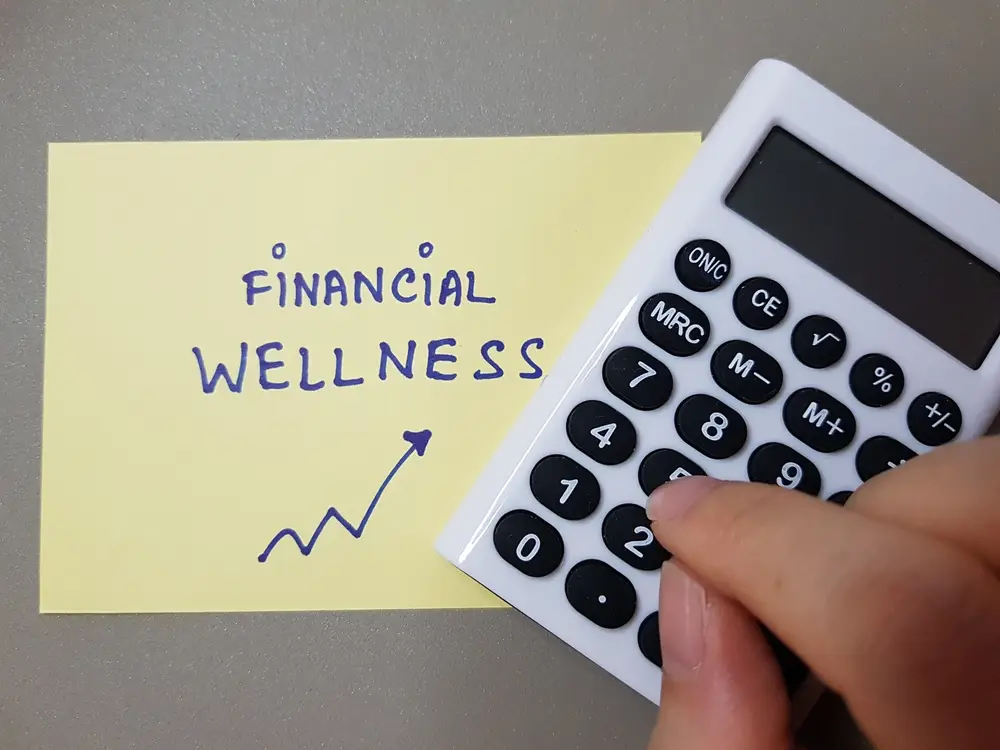In recent years, a growing sentiment has emerged among various demographics across the globe that, financially, they are worse off than the generations that preceded them. This perception, underscored by a complex interplay of economic, societal, and technological factors, raises significant concerns and prompts a deeper exploration into its root causes. This article aims to dissect the myriad reasons behind this financial discontent, offering insights into the evolving economic landscape and its impact on individual financial well-being.
The Erosion of Purchasing Power
One of the most palpable indicators that people feel financially worse off today is the erosion of purchasing power. Inflation rates, which measure the rate at which the general level of prices for goods and services is rising, have outpaced wage growth in many parts of the world. This mismatch means that even as individuals earn more nominally over time, the real value of their earnings buys them less, leading to a perceived decline in living standards.
The Housing Market Conundrum
The housing market has also played a pivotal role in shaping perceptions of financial well-being. In many urban centers and desirable living areas, housing prices have skyrocketed, driven by a combination of limited supply, high demand, and speculative investment. This has made homeownership an elusive dream for many, particularly younger generations, and has exacerbated the wealth gap between homeowners and renters.
The Student Debt Crisis
Education has long been heralded as a pathway to better opportunities and higher earnings. However, the escalating cost of higher education has led to a burgeoning student debt crisis, particularly in countries like the United States. Graduates enter the workforce saddled with substantial debt, which can impede their ability to save, invest, and make significant life purchases, such as homes or cars, further contributing to the feeling of being financially worse off.
The Gig Economy and Job Security
The rise of the gig economy and the shift towards more precarious forms of employment have also had profound implications for financial stability. While freelancing and contract work offer flexibility and the potential for entrepreneurship, they often lack the benefits and security associated with traditional full-time employment, such as health insurance, retirement plans, and paid leave. This uncertainty can make it challenging for individuals to plan for the future and absorb financial shocks.
The Impact of Technology and Globalization
Technological advancements and globalization have brought about significant economic shifts, influencing job markets and industry demand. Automation and outsourcing, while driving efficiency and reducing costs for businesses, have led to job displacement and a demand for new skills, leaving some segments of the workforce behind. These changes require continuous learning and adaptation, which can be both a financial and psychological burden.
The Savings and Investment Landscape
Finally, the landscape of saving and investing has changed. Interest rates on savings accounts are historically low, diminishing the value of traditional saving methods. At the same time, the increasing complexity of financial markets and investment options can be daunting, making it harder for individuals without financial literacy to grow their wealth and secure their financial future.
Conclusion
The feeling that people are worse off financially today than in the past is rooted in a complex web of economic, societal, and technological changes. While these challenges are significant, understanding their origins and implications is the first step towards addressing them. It requires concerted efforts from policymakers, businesses, and individuals to foster a more inclusive and sustainable economic environment. Education on financial literacy, policies aimed at reducing inequality, and support for innovation and job creation are critical to reversing this trend and ensuring that future generations can look forward to a brighter financial future.

